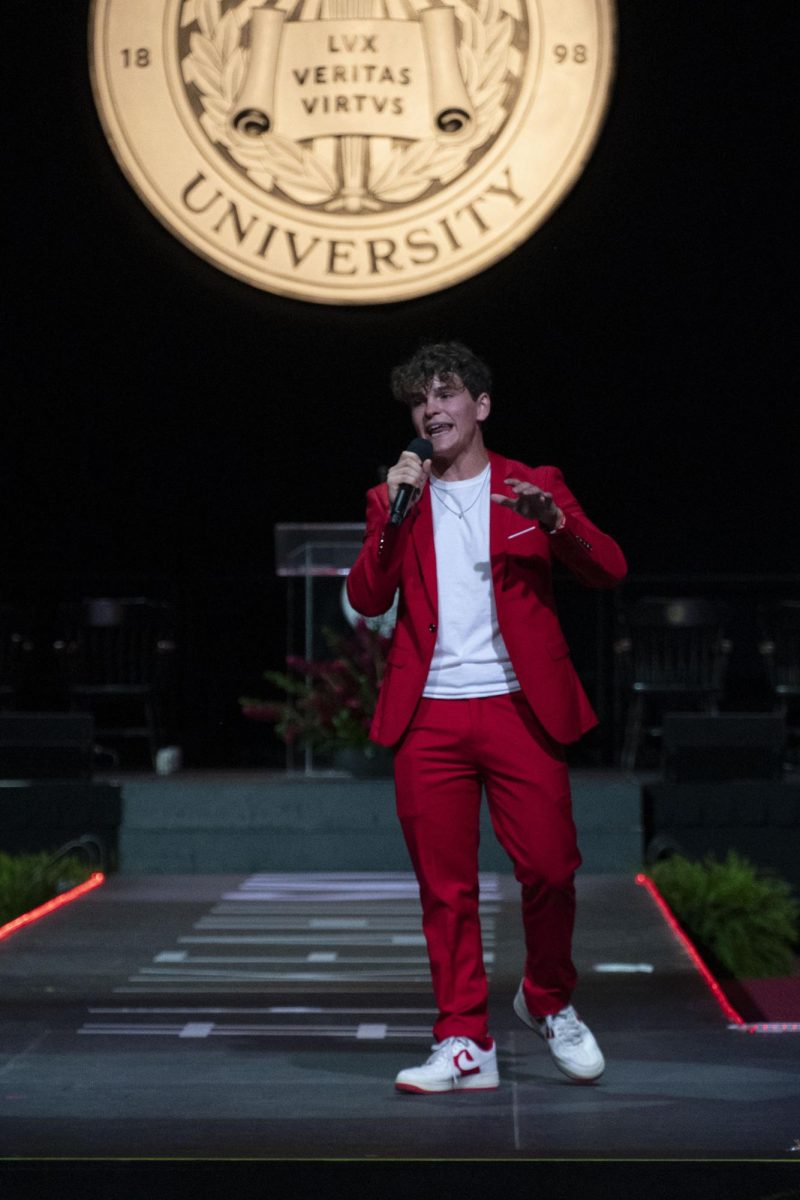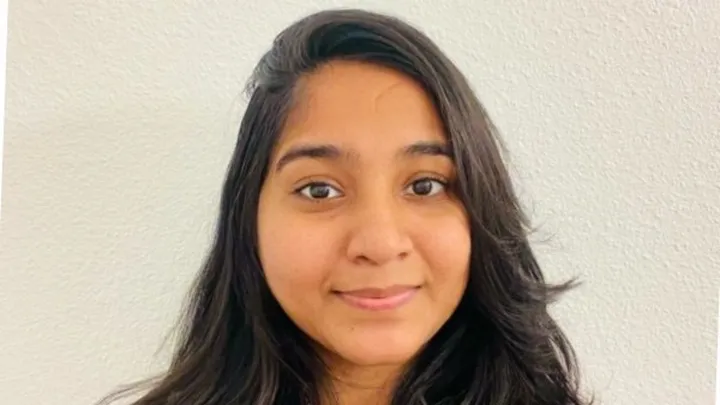By Selena Burke, News Correspondent
The Northeastern International Relations Council’s (IRC) first place award at a model NATO conference in Washington D.C. last month came after three days of international policy debate, but the win was months in the making.
The IRC is both a class and a club. During weekly meetings, students enrolled attend the class, but other interested students and can come to learn about debate and foreign policy. Throughout the year, about 80 members are involved with the council, said the council’s professor and advisor, Philip D’Agati. Although students spend most of the class time debating, there are also lectures from D’Agati. Most students involved are political science and international affairs majors, he said.
“The fundamental feature of this program is the students in it and what they accomplish,” D’Agati said. “We have students that won so many awards at the NATO conference that it was the single-best performance of any school this year and last year combined.”
The students have a bigger challenge ahead. The IRC’s biggest program of the year is a Model Arab League, where they will represent Syria, but there is a twist: The delegates don’t yet know whether they’ll be assigned to represent the current Syrian government, which has made headlines in recent weeks for its siege of dissidents in the city of Homs, or the rebels fighting to overthrow that government.
While IRC doesn’t plan years in advance for its challenges, Matt Cournoyer, who served as head delegate of the winning model NATO team, said the program naturally prepares its students for the challenges ahead.
“The International Relations Council offers students an opportunity to learn about current affairs – learn about international affairs – in a very hands-on experiential setting in a way that you get to step into the roles of diplomats and discuss, say, the situation in Syria from a real hands-on perspective that you don’t necessarily get anywhere else,” Cournoyer said.
The group’s president, Lara Cole, said the team members are prepared to meet either challenge when they represent Syria.
“It speaks to the strength of our team that we are really diverse in that we can research and understand both policies,” Cole said.
While group members pose as delegations from all regions of the world, they haven’t been able to travel out of the country for events recently due to budget constraints. But Delia Harrington, who competed on IRC’s United Kingdom delegation, said she hoped they would soon have the funds to compete internationally.
“In the future we’re looking towards international conferences. We used to go to Canada but that just became cost prohibitive,” Harrington said. “I think that’s something that we would love to get back on our agenda and so we’re working on: How do we raise the funds? How do we diversify ourselves so we can bring that experience to people as well?”








